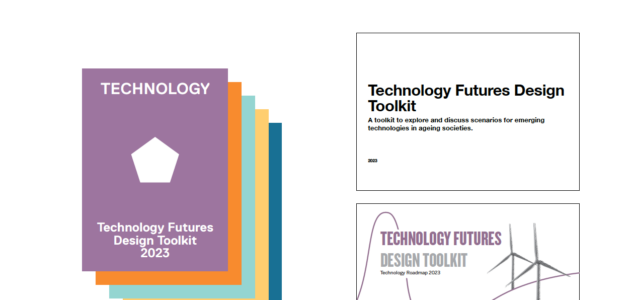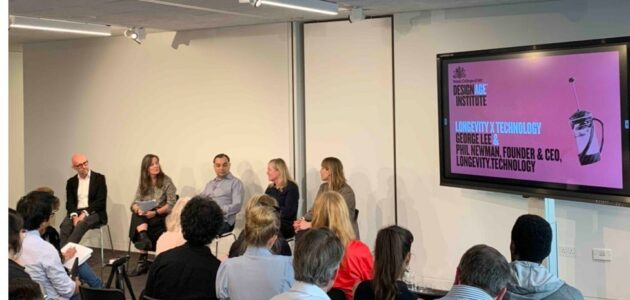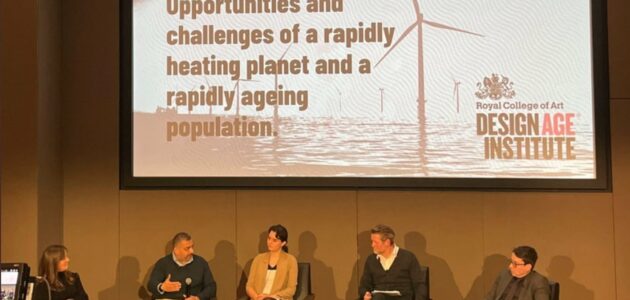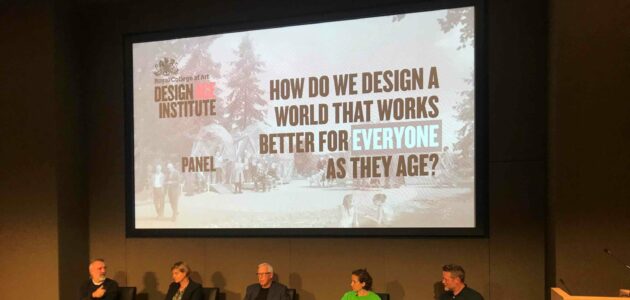Our Research Vision
Our research builds on 30+ years of experience from the Helen Hamlyn Centre for Design (HHCD) relating to the needs of older people, but is also distinct and generative, consolidating learnings and creating new knowledge across Design Age Institute’s activities and projects.
We have the following ambitions:
- Position design within gerontology and the wider research landscape, including theoretical frameworks, methods and tools for design for healthy ageing.
- Establish research into lived experience to ensure that the voices of older people, diversity and different ways of ageing are at the heart of future research collaborations, through a people-centred and inclusive approach, thereby addressing inequality.
- Explore enabling environments and spatial inclusion in an ageing society, helping older people to live independently in their homes, neighbourhoods and society.
- Influence policy-making in design-related areas, including housing, public planning, social care and healthcare, enabling a shift from crisis to aspiration through design guidance.
Explore: Design Age Ideas
Dive into our latest report, Design Age Ideas, and get inspired by the role we each have to play in designing better for an ageing population.
Research Activities
Explore some of our current research areas and activities below.

DAI @ ILCUK
The latest collaborative research project between the International Longevity Centre-UK and Design Age Institute at the Royal College of Art identifies the reasons people aged over 60 give for underspending. The Money well spent? report, also identifies practical steps that the Government, financial services, regulators, businesses, town planners, and designers can take to support spending in later life.
- Read the report: Money well spent? Overcoming barriers to spending in later life, June 2023
- Watch the webinar: Recorded on 21 June 2023
This report draws on our analysis of a nationally representative survey of 1,008 adults aged 60 and over in the UK, which was carried out between February and March 2023, as well as interviews and user research carried out by Design Age Institute.
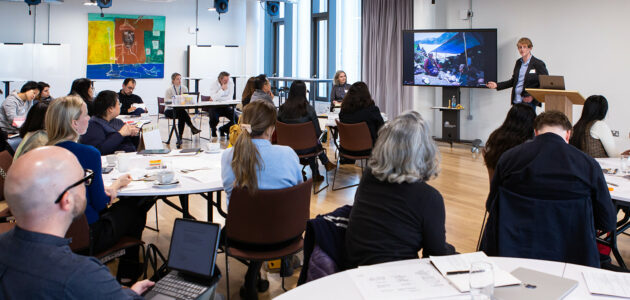
DAI @ Oxford
One of our research partner’s is the University of Oxford’s Institute of Population Ageing. You can find the latest reports commissioned by the Design Age Institute and DAI@Oxford linked below:
- Policy and Ageing: An overview of policies for older adults
- Corporates and Ageing: A Review of Corporate Organisations Working With and For Older People in the United Kingdom as Part of the Healthy Ageing Economy
- Charities and Ageing: A Review of Charitable Organisations Working With and For Older People in the United Kingdom
- The Healthy Ageing Economy: The Development of the Healthy Ageing Economy
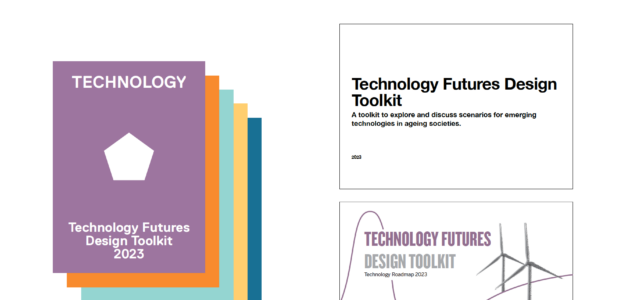
Technology Futures Toolkit
A toolkit to explore and discuss scenarios for emerging technologies shaping the future of ageing societies. Tap into the emerging technologies shaping how all of us will age happier and healthier with the Technology Futures Toolkit. The toolkit provides guidance, insights and activities that will help you to explore the technologies that shaping the future of ageing including:
The Technology Future Roadmap: a reference when you want more information regarding one of the technologies. Including the expected timeframe to be realised, and the associated design and policy issues.
The Technology Futures cards: interactive activities to facilitate exploration of preferable technology futures for ageing societies.

Lived Experience Research
Objective
Explore different and diverse ways of growing older in the United Kingdom through Lived Experience research, to ensure that the voices of older people are at the heart of our research, moving beyond stereotypes and representations.
Approach
Applying a people-centred and inclusive design approach, this qualitative primary research will utilise the design research method ‘cultural probes’ and follow-up interviews to gain in-depth knowledge.
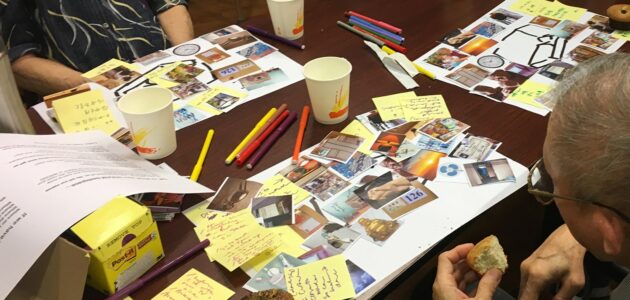
Tools & Methods Research
Objective
Position design research in gerontology and the wider research landscape through developing a methodological knowledge base. Also, informing new tools and methods, including those for conducting remote research e.g. for the Lived Experience research and future user research.
Approach
Systematic archive review of the extensive number of design tools and methods developed at the Helen Hamlyn Centre for Design over the last three decades.
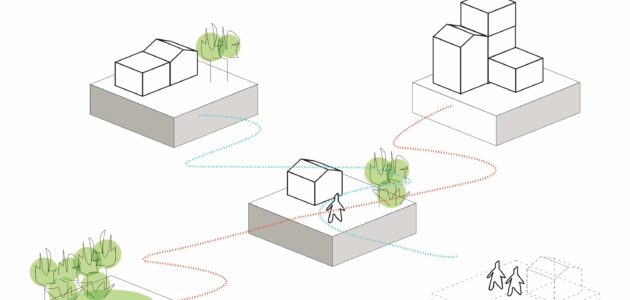
Spatial Inclusion and Enabling Environments
Objective
Explore how different types of environments enable spatial inclusion in an ageing society, helping older people to live independently in their homes, neighbourhoods and society.
Approach
Theoretical research focusing on Spatial Inclusion and Enabling Environments, including fields such as Environmental Gerontology.



